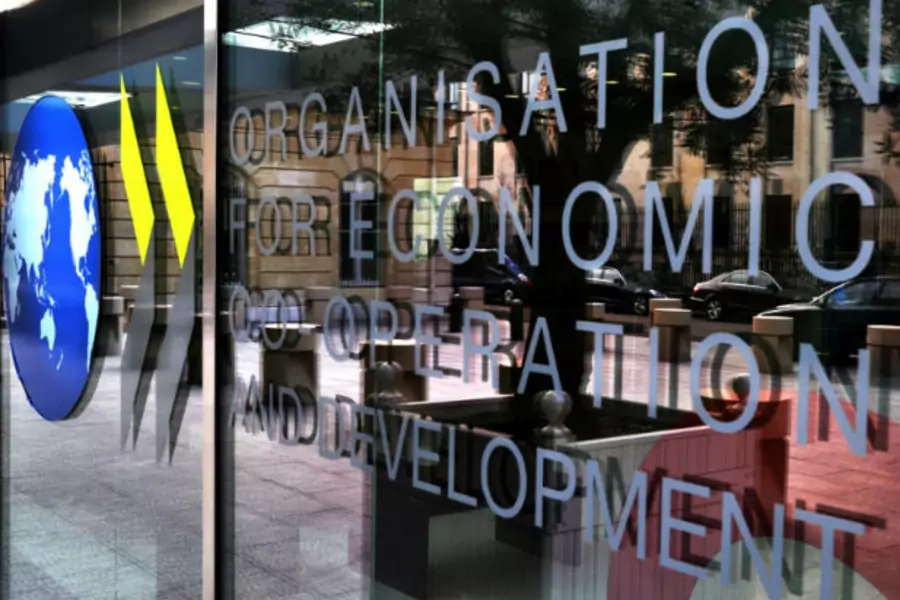Economic Coalition of the Willing: The OECD and Emerging Powers

More on:
In an article just published by Foreign Affairs, Naomi Egel and I argue that the OECD’s approach to engaging emerging powers as “key partners” is a smart way to remain relevant as the global balance of power shifts. Other multilateral organizations should learn from its example.
For the past decade, a quiet experiment has been underway at the Organization for Economic Cooperation and Development (OECD), the Paris-based body composed of the United States and other advanced market democracies. Although it is often dismissed as sleepy and technocratic, the OECD has found a way to remain relevant in a quickly shifting global landscape, and other multilateral organizations would be wise to pay attention.
The OECD, like numerous other international bodies, must adapt to changing geopolitical dynamics that have left new major global players outside its ranks. Its response is a so-called “key partner” initiative that allows it to engage—and seek to influence—pivotal nonmember states. This method strikes the right balance between maintaining the OECD’s symbolic role as the enforcer of Western norms and meeting its practical need to maintain a foothold on the global stage.
Read the full article here.
More on:
 Online Store
Online Store